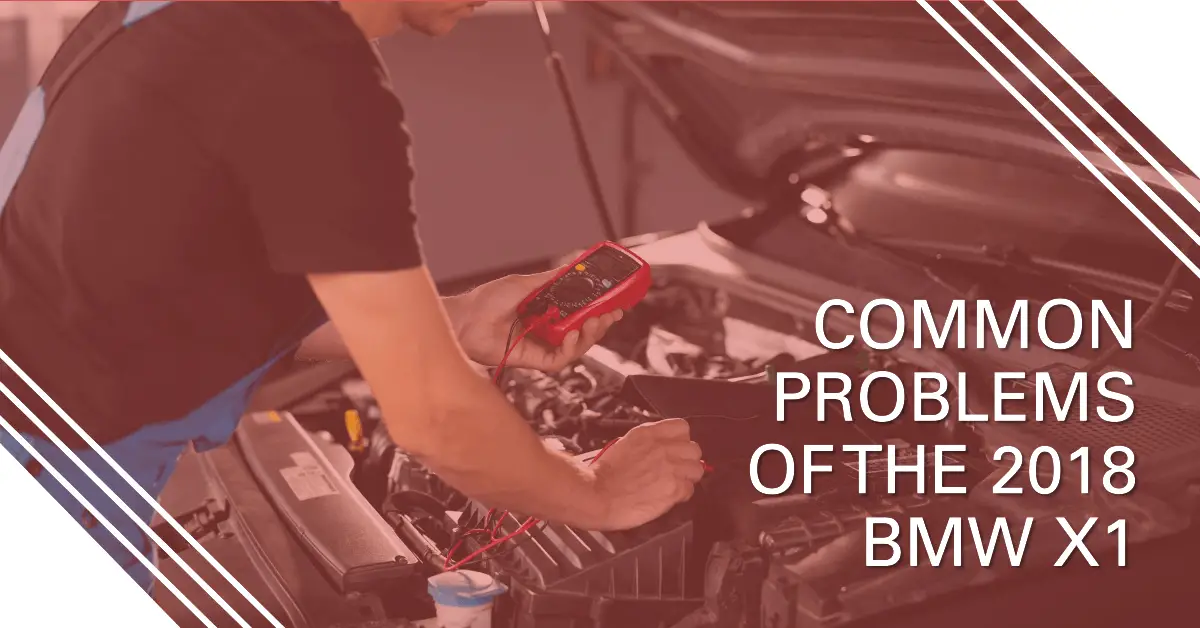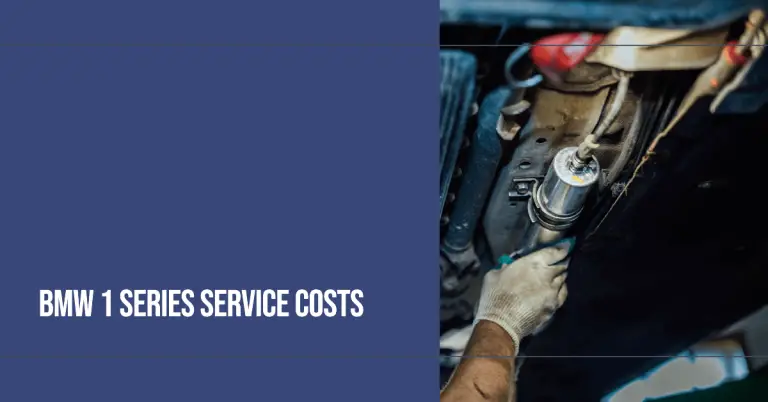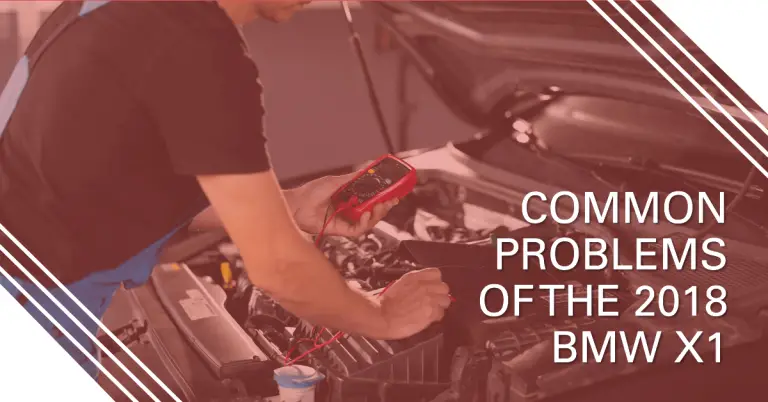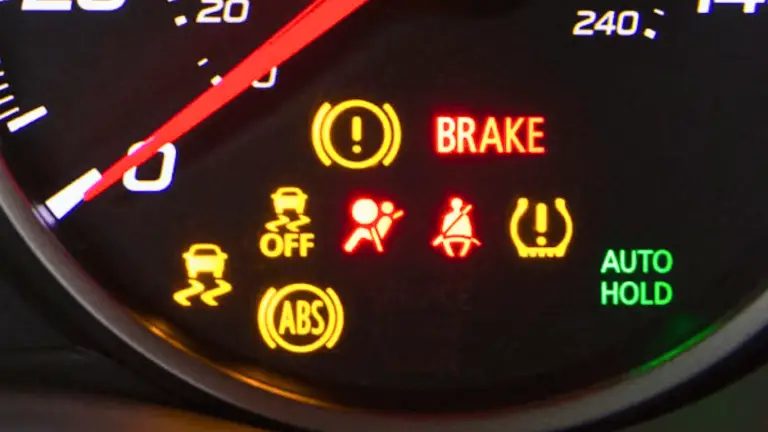2018 BMW X1 Problems: Common Issues Facing Owners
If you recently purchased or leased a 2018 BMW X1, you likely did so expecting years of driving excitement paired with BMW’s famous luxury and performance. However, many owners of the 2018 X1 report facing multiple reliability issues that can quickly dampen the ownership experience.
So how reliable is the 2018 BMW X1? In short – not very, based on owner reports.
In this detailed guide, we will outline the most common mechanical gremlins, electrical faults, and overall problems reported in 2018 X1 models. Read on to discover which issues have plagued 2018 X1 owners the most, from serious engine problems to faulty transmissions and electrical woes. We’ll also provide repair tips and solutions to help extend the life of your 2018 BMW X1.
Engine Problems in the 2018 BMW X1
One area of major concern for 2018 X1 owners is the turbocharged 4-cylinder engine under the hood. BMW’s acclaimed N20 engine powers most 2018 X1 models, featuring turbocharging to produce a stout 228 horsepower from the 2.0L powerplant. However, this high-strung engine requires meticulous maintenance and care to reach longevity – something many owners have learned the hard way.
Two major engine-related problems are frequently reported in 2018 X1 models: Oil leaks and oil consumption issues.
Oil Leaks in 2018 BMW X1
One of the most common complaints from 2018 X1 owners is oil leaks from various points on the engine. Specifically, the valve cover gasket and oil filter housing gasket tend to fail prematurely, allowing oil to drip or seep out slowly. Oil leaks may first become apparent as oil spots on the driveway or garage floor.
Minor oil leaks often go unnoticed, allowing oil to slowly drip or seep from failed gaskets over time. This causes oil levels to gradually drop, eventually leading to low oil situations if not topped off regularly. Low oil levels accelerate wear and can ultimately lead to catastrophic engine damage in as little as a few thousand miles.
In addition to potential damage, oil leaks can create unsightly smoke coming from the engine bay as oil contacts hot exhaust components. Burning oil also creates an unpleasant smell.
Repairing oil leaks on the 2018 X1 involves replacing failed gaskets and seals. The valve cover gasket itself is an inexpensive part, but labor hours add significantly to the bottom line. Expect to pay $700 or more to have oil leaks properly diagnosed and repaired at a dealership or reputable independent shop. Unfortunately, some 2018 X1 owners report leaks reappearing shortly after repairs. Using high-quality gaskets and seals, as well as properly cleaning mating surfaces during installation, is key to prevent recurring leaks.
Being vigilant about checking oil levels regularly and addressing any leaks promptly can help 2018 X1 engines stay leak-free and reach maximum longevity. White smoke from the tailpipe, oil spots on pavement, or burning oil smells warrant immediate inspection to pinpoint and repair all leaks.
Excessive Oil Consumption in 2018 BMW X1 Models
In addition to external leaks, many 2018 X1 owners report abnormally high oil consumption – burning through up to 1 quart of oil every 750-1000 miles in some cases. This is well beyond acceptable norms and points to an internal engine issue.
The root cause of excessive oil burning in the 2018 X1 engine is most often traced to faulty piston rings. The piston rings are responsible for sealing the combustion chamber to contain the rapid explosion that powers each cylinder. When piston rings wear out prematurely or fail, compression leaks past the rings, allowing oil to be sucked into the combustion chamber. This leads to rapid oil loss as it quite literally burns up through the engine.
Excessive oil consumption is not only inconvenient and expensive to continually top off, it also accelerates internal engine wear as critical lubrication is lost. In severe cases, it can lead to complete engine failure in as little as 20,000 to 40,000 miles.
Repairing excessive oil consumption in the 2018 BMW X1 engine requires a major repair or rebuild. The engine must be disassembled to inspect internal components and replace all worn piston rings. This typically costs $5,000 or more in parts and labor costs. Some owners choose to simply trade in their 2018 X1 at a loss rather than sink money into major repairs.
To help mitigate excessive consumption, use only full synthetic oil and adhere diligently to factory oil change intervals of 10,000 miles or less. Check oil levels religiously – at least weekly – and top off when down. Burning more than 1 quart per 1,000 miles warrants inspection by a BMW specialist. Addressing oil consumption issues early maximizes the chances of cheaper repairs.
Electrical System Gremlins in 2018 X1
Modern vehicles rely on intricate electrical systems managing everything from essential engine functions to lighting, climate control, and entertainment. This complexity provides many points of potential failure – something 2018 BMW X1 owners quickly realized.
Electrical issues manifest in various ways in 2018 X1 models, ranging from premature battery failure to fully dead vehicles and odd electrical gremlins.
Faulty Batteries in 2018 X1
One of the most frustrating issues for 2018 X1 owners is premature battery failure. It’s not uncommon for batteries to die in as little as 12-18 months, necessitating frequent replacement. Dealers often recommend upgrading to the largest capacity AGM battery to improve longevity.
The root cause is usually a parasitic draw draining the battery when the X1 sits unused. With complex modern vehicles, power is still consumed even when shut off to maintain settings, engine computers, security systems and more. If a particular system fails or wiring shorts, it can slowly drain the battery over hours or days leading to a dead start.
Diagnosing and repairing parasitic draws requires advanced electrical troubleshooting skills and wiring diagrams. BMW dealership techs are best equipped for this task. The fix may be as simple as replacing a faulty alternator or starter. But tracing shorts in wiring harnesses is challenging and often requires extensive disassembly to pinpoint.
Preventing premature battery death requires vigilance. Use a quality trickle charger when storing the X1 over winter months. Invest in a battery tender to maintain charging when parked at the airport for an extended trip. Check voltage regularly and charge the battery manually at the first sign of trouble. Look into lithium battery upgrades to improve hot weather performance.
Odd Electrical Gremlins
Beyond dead batteries, 2018 X1 owners report an assortment of odd electrical issues ranging from power windows and door locks malfunctioning to warning lights illuminating and electronics glitching unexpectedly. The causes vary widely:
- Faulty wiring harnesses plagued by shorts or opens
- Corroded or loose ground connections
- Defective power door lock actuators
- Software bugs in BMW’s complex computer systems
- and more
Electrical problems tend to be intermittent and difficult to diagnose. Working with a BMW specialist familiar with the X1’s complex electronics provides the best chance of tracking down gremlins. Be prepared for an arduous troubleshooting process and expensive repair bills. Replacing an entire wiring harness can cost upwards of $2,000 in parts alone.
Preventative maintenance is key for the 2018 X1 electrical system. Carefully inspect wiring harnesses for chafing, cracks, or damage during oil changes and when servicing other components. Use dielectric grease on connections and check ground points for corrosion. Consider sealants to protect harnesses from water intrusion. BMW offers extended warranties which may prove worthwhile to avoid shockingly expensive electrical repairs down the road.
Transmission Problems in 2018 BMW X1
The 8-speed automatic transmission is another common trouble spot in 2018 X1 models. Owners report rough shifting, delayed engagement, jerkiness between gears, and eventual transmission failure usually before 100,000 miles.
Like most modern units, the 2018 X1 transmission is electronically controlled, relying on an array of sensors and solenoids for seamless operation. Issues can develop in the valve body controlling hydraulic pressure, the torque converter failing to transfer power smoothly, or even software bugs disrupting operation.
Rebuilding or replacing a failed 2018 BMW X1 transmission often runs $5,000 or more in parts and labor. Some owners choose to trade in the vehicles at a loss rather than paying for major transmission work.
Preventing transmission problems comes down to proper maintenance and early intervention at the first sign of trouble. Use only approved BMW synthetic transmission fluid and change it every 60,000 miles per factory recommendations. Immediately bring it in if you notice any shifting concerns – a small solenoid replacement is far cheaper than a full rebuild when caught early. Consider an extended warranty for peace of mind after the 4 year/50,000 mile factory coverage expires.
Additional Issues in the 2018 BMW X1
While powertrain problems account for the majority of complaints from 2018 X1 owners, a few other issues also pop up at higher-than-normal rates:
- A/C system failures due to leaky lines, bad sensors, or compressor issues. Expect a $1,000+ bill to recharge and replace failed components. Use A/C regularly to keep seals conditioned.
- Check engine lights for oxygen sensor codes, EVAP system faults, and other emission-related errors. Inspect all vacuum lines carefully if EVAP codes appear.
- Premature brake wear with pads requiring replacement as soon as 25,000 miles in some cases. Pulsation or grinding indicates warped rotors. Sticking calipers can cause rapid wear as well.
No vehicle is problem-free, but the 2018 BMW X1 does suffers from more than its fair share based on owner reports. Being aware of common issues and diligent with preventative maintenance is key to having the best ownership experience possible. Considering an extended warranty for long-term peace of mind is prudent as well.
Is the 2018 BMW X1 Reliable? The Bottom Line
The sheer variety of issues reported by 2018 BMW X1 owners makes it hard to recommend this model year as a wise long-term purchase. You may luck out and get a problem-free example, but the odds suggest otherwise. Engine oil leaks, consumption woes, electrical gremlins, transmission failure and more all occur far too commonly.
While the BMW X1 offers excellent driving dynamics and luxury features when running properly, the looming specter of expensive repairs will likely overshadow ownership. The high cost of parts and BMW labor rates quickly add up, often exceeding vehicle value.
In summary – we recommend looking at 2017 or 2019 model year X1s if you need to buy a used example of this popular BMW crossover. The 2018 suffers from multiple reliability issues that owners widely report across forums and consumer sites. Be prepared for the strong possibility of higher than normal maintenance costs if you already own or are committed to purchasing a 2018 BMW X1. Proactive maintenance and an extended warranty can help offset some of the risk.






